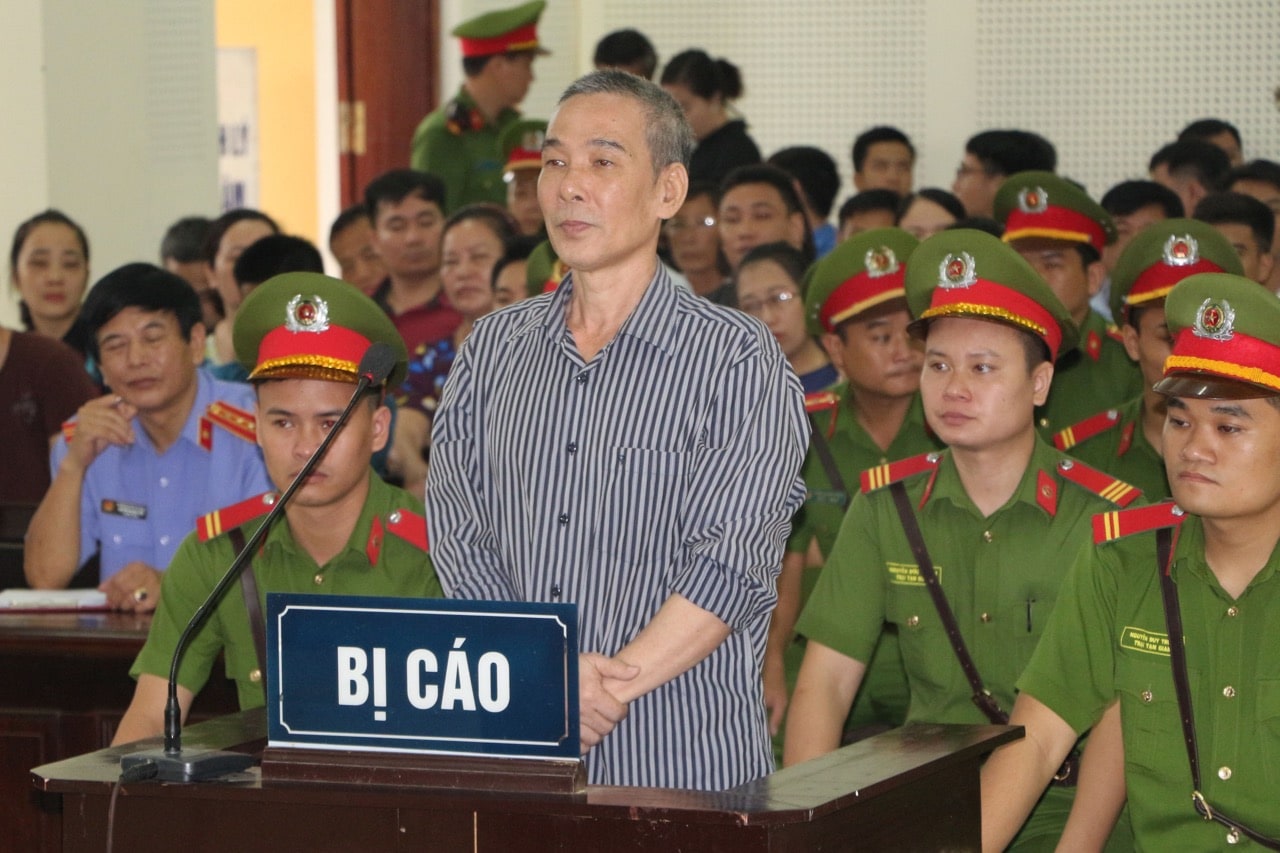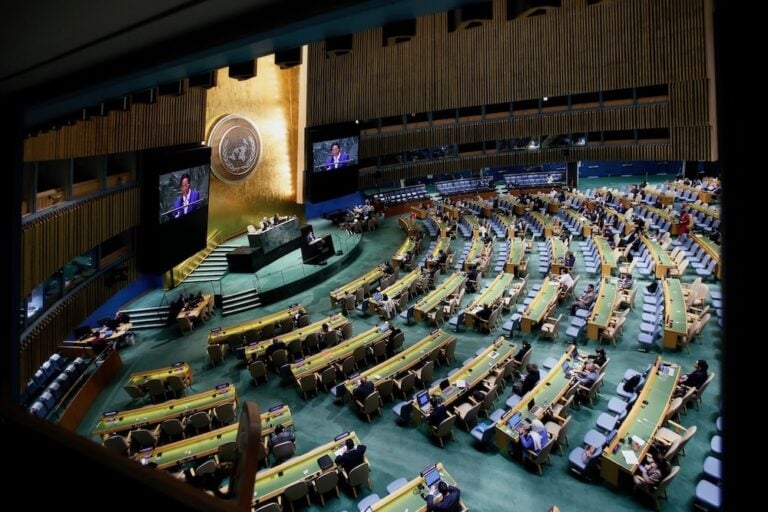It is the longest sentence ever received in Vietnam for trying to provide the public with information.
This statement was originally published on rsf.org on 16 August 2018.
Reporters Without Borders (RSF) condemns the record 20-year prison sentence that was passed today on Vietnamese blogger Le Dinh Luong for activities ‘aimed at overthrowing the people’s administration,” and calls on the European Parliament to block any trade agreement with Vietnam.
Passed at the end of a summary trial in which defence witnesses were not allowed to testify, this 20-year jail term is the longest sentence ever received by a Vietnamese citizen for trying to provide the public with information.
Arrested in July 2017, Le Dinh Luong wrote about a wide range of social issues on Facebook under the pseudonym of Lo Ngoc.
One of his “crimes” was to have criticized the Taiwanese steel company Formosa, whose steel plant in Vietnam’s central Ha Tinh province was responsible for a major marine environmental disaster, and the lack of an adequate response from the Vietnamese authorities.
“The extremely harsh sentence imposed on Le Dinh Luong is yet further evidence of the disturbing manner in which the Vietnamese Communist Party’s current leadership is stepping up its persecution of bloggers,” said Daniel Bastard, the head of RSF’s Asia-Pacific desk.
“The European Union is supposed to ratify a free trade agreement with Vietnam later this year, but we call on the European Parliament’s members to freeze any such accord in order to avoid supporting such violations of the freedom to inform.”
The indictment of Luong – a copy of which has been obtained by RSF – is based almost entirely on an analysis of his Facebook account data, and not just on the content of his posts, as was the case until now with other bloggers convicted in Vietnam.
For this reason, this case is seen as a pointer to the Vietnamese Internet’s future under the cyber-crime law that was passed two month ago.
Under the new law, which is due to take effect in January, international digital platforms such as Facebook will have to censor all content regarded by the government as contentious, to store Vietnamese user data in Vietnam, and to hand this data over to the authorities on request. It is expected to deal a death blow to the best of Vietnam’s citizen-journalism.
The traditional media adhere closely to the party line in Vietnam, which continues to be ranked near the bottom of RSF’s World Press Freedom Index – 175th of out of 180 countries in the 2018 Index.



